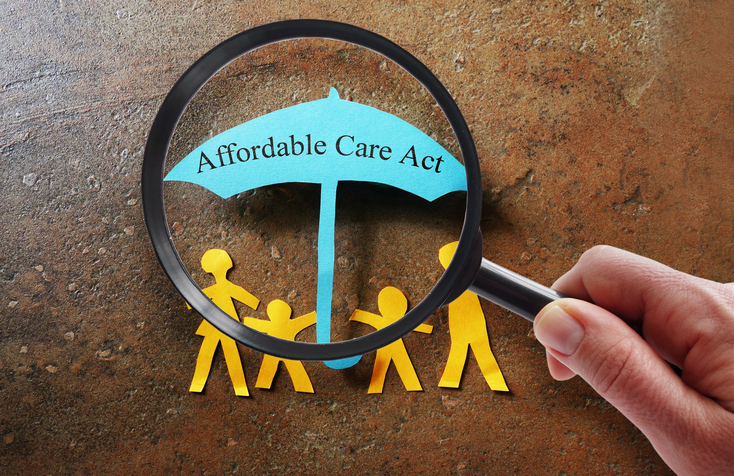Silicon Valley-based Medicast is tapping into an emerging trend among healthcare startups: concierge care with housecalls. Housecalls used to be common practice, but now it’s available if you can pay extra for it.
Here’s how it works. Patients submit a request on its website or through a mobile app, or a call center. The system looks at its physician network and sees who is on call and who is available to take the appointment. In a few months Nafis Zebarjadi, the CTO, said the company will offer a choice of a specific physician. Doctors come with a standard kit from the company that includes oral and injectable medications that can be administered on the spot. It also has a “light charting tool” to help with continuity of care. Zebarjadi added that it’s eyeing partnerships with health systems and electronic medical record providers to have a proper health information exchange.
“We are not trying to be everything for everybody, but we found there’s a desire for a more intimate relationship with a physician. We are focused on delivering a quality care experience. Rather than going to the ER or an urgent care facility and risk either paying a lot or getting sick, you can have the convenience of being treated in your own home.”

With the Rise of AI, What IP Disputes in Healthcare Are Likely to Emerge?
Munck Wilson Mandala Partner Greg Howison shared his perspective on some of the legal ramifications around AI, IP, connected devices and the data they generate, in response to emailed questions.
Zebarjadi says doctors spend an average of 25-30 minutes with patients and treats them for things like fever bronchitis, asthma. I recall having a conversation with one entrepreneur earlier this year who opined about the unrealistic expectations concierge care gives people about primary care, particularly the amount of time doctors spend with their patients. I didn’t agree.
So far it has 30 doctors on board with a pipeline of 200. Although he didn’t get into a lot of details, Zebarjadi said a rigorous vetting process is led by co-founder and CEO Dr Sam Zebarjadi. It includes background checks using FACIS Level 3 (includes search against federal DEA records), Nationwide Federal Criminal Records, County Felony & Misdemeanor Records, State Criminal Records, Nationwide Sex Offender Records, Medical Board License Verification, and assessing their bedside manner. Currently it serves Los Angeles, Orange County, San Diego, and Miami but it wants to expand to San Francisco and New York as well as smaller cities in the Midwest. It has set a two-year goal of becoming a national business.
It doesn’t take insurance. Like a lot of concierge health services, it bills directly. But it does provide forms so customers can get reimbursed as if they used an out-of-network doctor, provided that their health plans comply.
Zebarjadi reasons that the out-of-pocket fees Medicast charges for its service, coupled with a high deductible plan, are still cheaper than having a more expensive plan or the larger costs going to the ER or an urgent care facility would involve, plus you don’t have to sit around all those sick people.
Concierge care is a bittersweet trend because services that used to be treated as standard are now branded luxuries, particularly a doctor coming to your home and the amount of time patients can expect to have with doctors. Other companies in this space include Curbside Care and Doctors Making Housecalls. Doctors Making Housecalls doesn’t present itself as concierge care and claims that insurance companies do reimburse for its service, but it does charge a $95 “travel fee” and focuses on parts of North Carolina. But even the government sees some benefits of delivering primary care in person and at home to people with multiple chronic conditions, if its Independence at Home program is anything to go.















